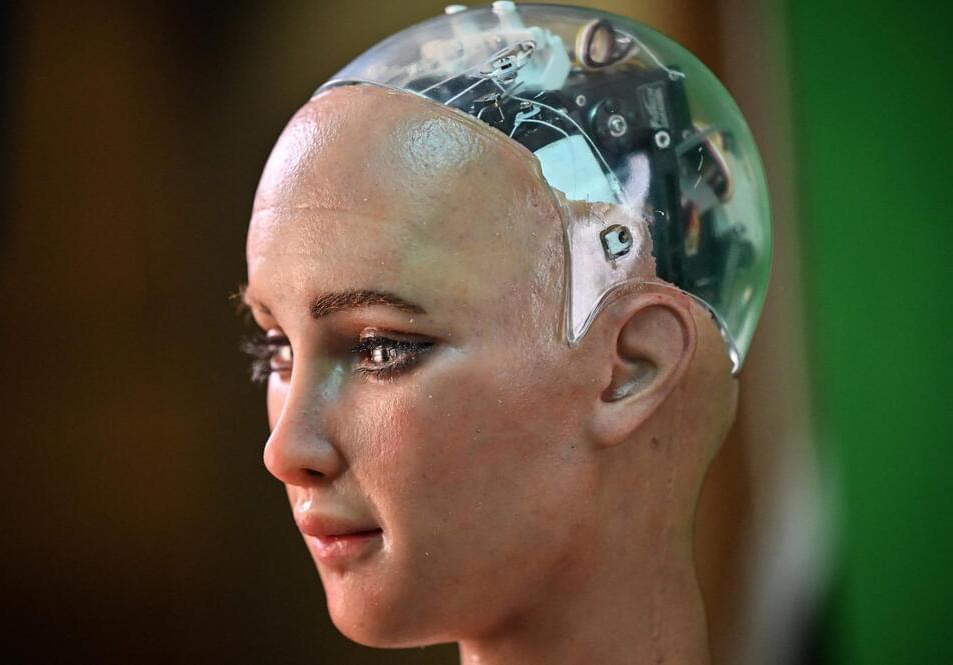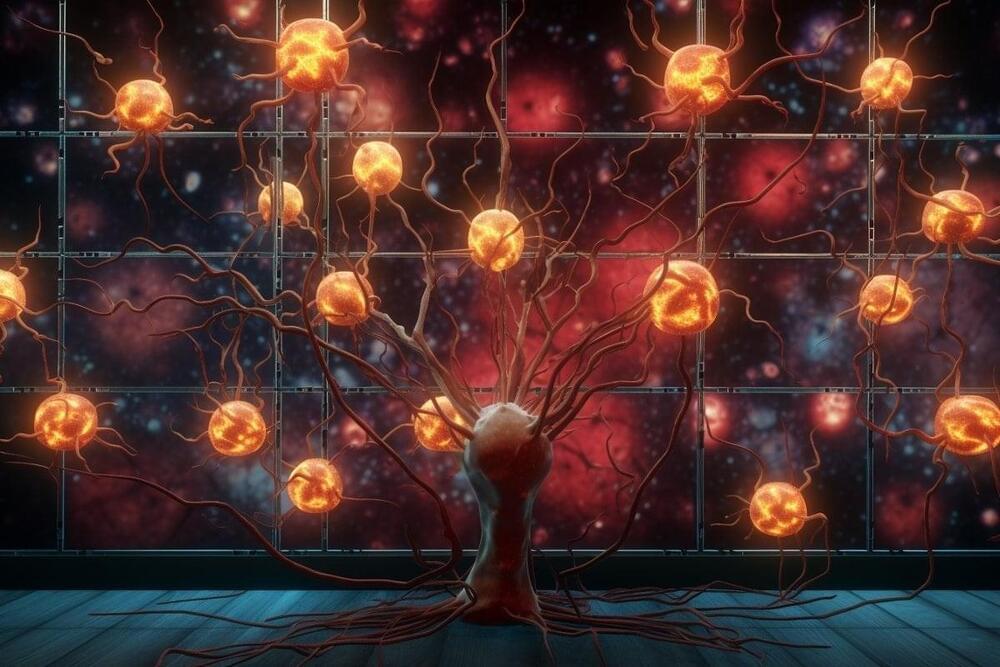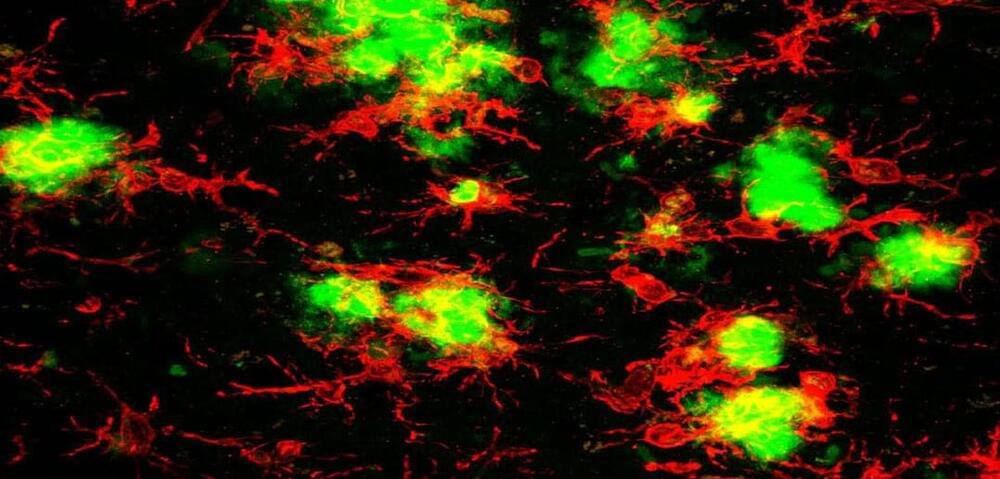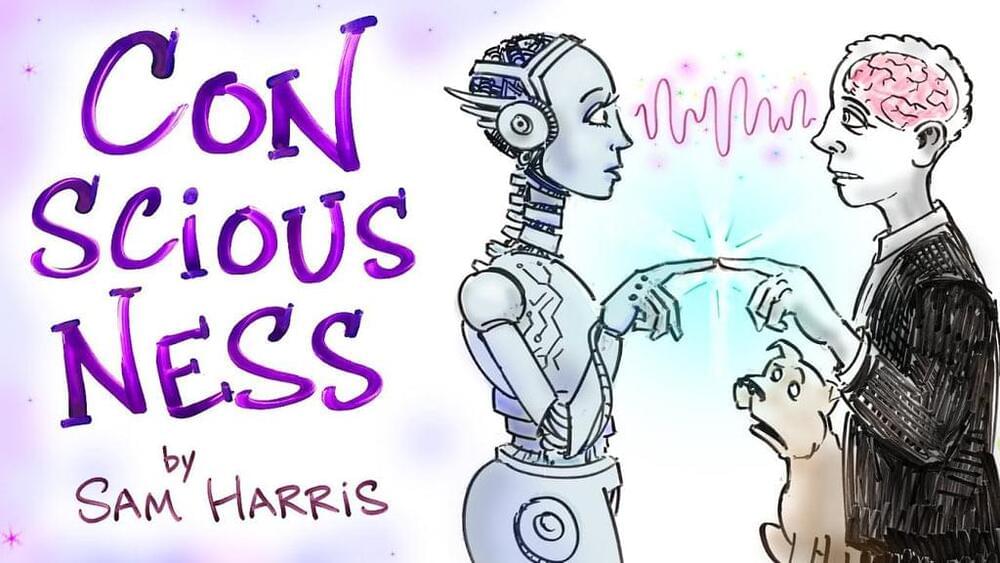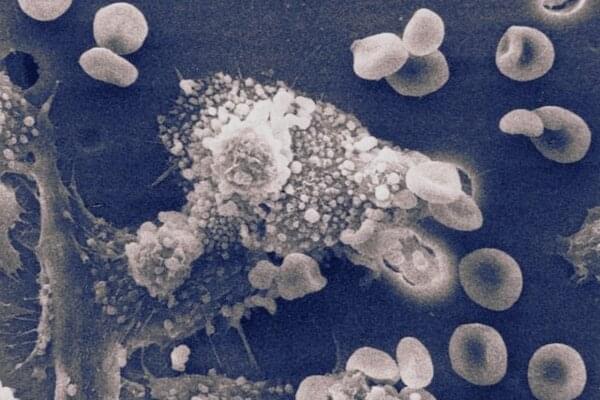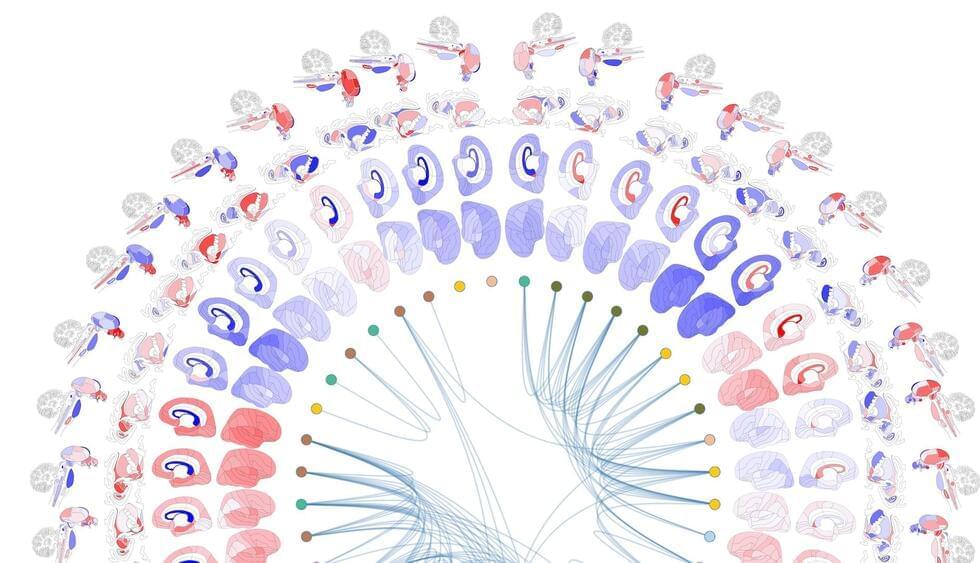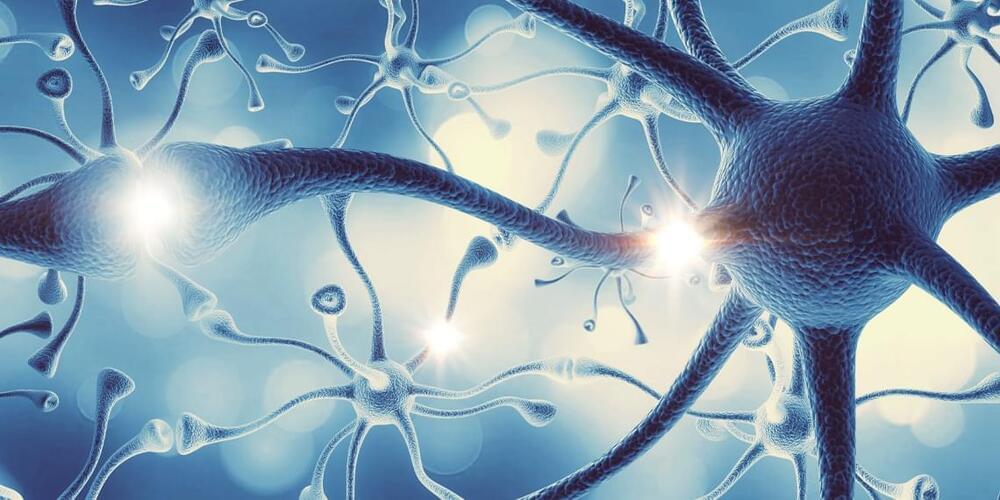Jun 14, 2023
Eliminating Death Doesn’t Mean Life Will Get Boring
Posted by Zoltan Istvan in categories: biotech/medical, computing, cyborgs, Elon Musk, life extension, neuroscience, philosophy, transhumanism
In my new Newsweek Op-Ed, I tackle a primary issue many people have with trying to stop aging and death via science. Hopefully this philosophical argument will allow more resources & support into the life extension field:
Philosophers often say if humans didn’t die, we’d be bored out of our minds. This idea, called temporal scarcity, argues the finitude of death is what makes life worth living. Transhumanists, whose most urgent goal is to use science to overcome biological death, emphatically disagree.
For decades, the question of temporal scarcity has been debated and analyzed in essays and books. But an original idea transhumanists are putting forth is reinvigorating the debate. It doesn’t discount temporal scarcity in biological humans; it discounts it in what humans will likely become in the future—cyborgs and digitized consciousnesses.
Continue reading “Eliminating Death Doesn’t Mean Life Will Get Boring” »
